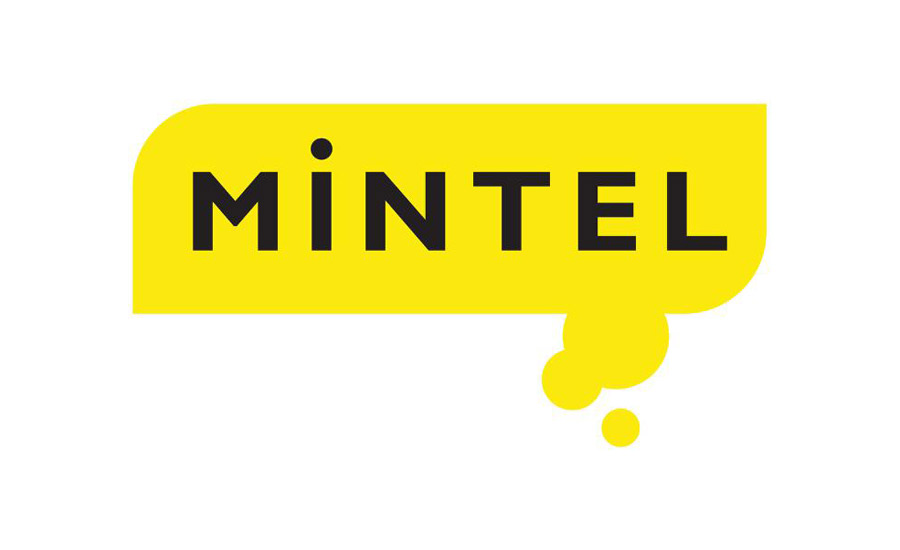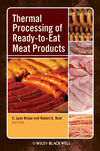Why Consumers Elect Meat Alternatives
Meat-free days is the top reason for eating protein alternatives among US consumers

While not fully committing to a meat-free lifestyle, ‘Meatless Mondays’ seem to be catching on among Americans as a way to cut back with new research from Mintel revealing that the top reason US consumers use meat alternatives is because they occasionally like to have meat-free days (31%).
Health reasons are also driving interest, with three in 10 protein alternatives consumers saying that they are watching their cholesterol (30%) and are worried about eating too much saturated fat (29%). Indeed, Mintel research indicates that more than one third (35%) of Americans are eating protein more from sources other than red meat. However, while more than two thirds (66%) of protein alternatives consumers agree they are healthier than real meat, nearly half (46%) say that protein alternatives products are too high in sodium.
In addition to health reasons, protein alternatives seem to be playing a part in leading a healthier lifestyle as more than one quarter (28%) of those who use protein alternatives are trying to lose weight. Indeed, some 29% of new meat substitutes in 2016 featured a low-calorie or low-carbohydrate claim, up from 7.1% of new products in 2015, according to Mintel Global New Products Database (GNPD).
“Americans are embracing popular trends like 'Meatless Mondays' as an easy and consistent way to include meat-free meals into their diets in an effort to reduce meat consumption as health concerns surrounding red meat continue to grow. With so many consumers turning to protein from sources other than meat and poultry, there is an opportunity for marketers to reach a sizable group with concerns related to health, particularly cholesterol and fat content,” said Billy Roberts, Senior Food and Drink Analyst at Mintel.
Among those who consume meat alternatives, a staggering four in five (80%) rely on the package instructions to inform their cooking methods and more than two thirds (66%) say they would eat more protein alternatives if they knew how best to prepare them. Adding to the list of challenges, nearly two in five (38%) protein alternatives consumers agree that all alternative protein offerings taste the same, no matter what meat they are supposed to mimic.
However, restaurants could be a source of inspiration as more than one quarter (26%) of consumers say they eat protein alternatives at a restaurant.
“As consumers appear largely unwilling to experiment with protein alternatives, likely due to lack of familiarity, alternative brands have significant room to grow in terms of establishing themselves as a ‘go-to’ meat alternative option. Consumers are looking not only for more information about the ingredients in these products, they are also looking for guidance in how best to prepare them,” continued Roberts. “Brands and manufacturers would do well to provide their consumers with better choices that align with their preferred form of meat alternative and by recognizing the trends in meatless alternatives in foodservice.”
The consumption of eggs is almost universal, with 86% of Americans eating or using eggs in recipes at least once a month and more than three in five (61%) doing so at least weekly. While egg substitutes are less popular, one in six (16%) Americans claim to consume egg substitutes at least weekly. Egg consumption appears to be declining with age as just 47% of Americans in the World War II/Swing generation claim to eat eggs weekly as compared to 71% of Millennials, who are also much more likely to consume egg substitutes at least weekly (31%).
Looking for a reprint of this article?
From high-res PDFs to custom plaques, order your copy today!






